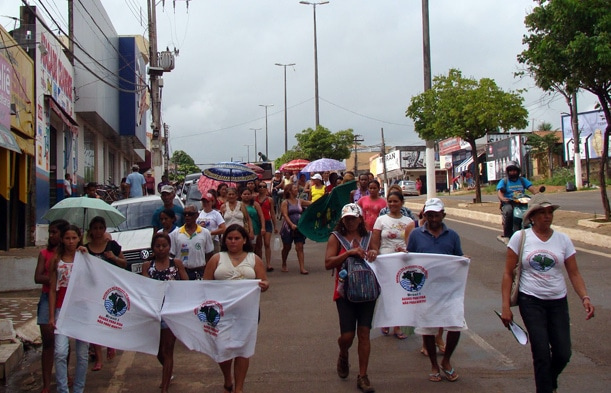
Netanyahu pledges to annex West Bank territory
Prime Minister Benjamin Netanyahu threatened to annex areas of the occupied West Bank ahead of the coming week’s Israeli Knesset elections. In an interview on Israeli Channel 12 TV, he was asked about plans to annex settlement blocs in the occupied territory, and responded: “Will we go to the next phase? The answer is yes. We will go to the next phase to extend Israeli sovereignty…” In a part of the interview seemingly reported in English only by the independent Palestinian Ma’an News Agency, Netanyahu also appeared to broach annexation of all Area C, the zone of mixed Israeli and Palestinian control, which covers 62% of the West Bank’s territory. Asked about the future status of Area C, he reportedly replied: “I promise that you will be surprised. I cannot talk about the plan, but Trump is a big friend and I doubt there will ever be any bigger friend than him.”



